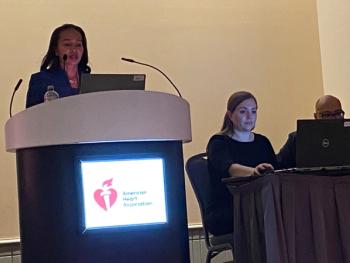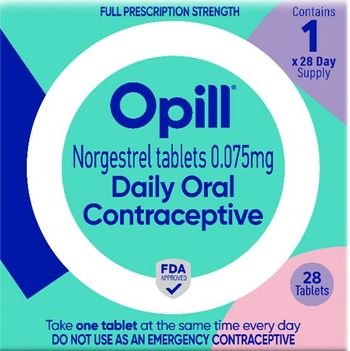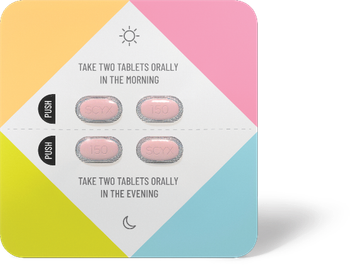
Advocacy with compassion: Dorothy Tarrant's role as healthcare ombudsman/mediator places her at the nexus of patient-provider interaction
Perhaps back when she was a graduate student at California State University, Sacramento (CSUS), Dorothy Tarrant, LCSW, MPA, had an idea that someday she would end up in her current role as the healthcare ombudsman/mediator (HCOM) for Kaiser Permanente's Redwood City Medical Center in California.
PERHAPS BACK WHEN SHE was a graduate student at California State University, Sacramento (CSUS), Dorothy Tarrant, LCSW, MPA, had an idea that someday she would end up in her current role as the healthcare ombudsman/mediator (HCOM) for Kaiser Permanente's Redwood City Medical Center in California.
Armed with these dual degrees, Tarrant says, "I have the skills to sit with individuals with very difficult emotional situations-and I have the ability to evaluate and intervene from a systemic perspective."
Tarrant received a referral prompted by her concern regarding the timeliness of treatment and coordination of care. "With this type of issue, my role is to track down answers and provide information from the care team, which included OB/GYN, radiology and surgery at two facilities-one involved in diagnosis and the other performing surgery," she says. "Their input helped me to understand and communicate the normal process for each department and ensure that it had been followed. I began working with the patient during her treatment so her need for answers felt immediate. Her confidence in the system was strengthened by our empathetic ear and rapid response to concerns. Her treatment was successful and through the process of working with her, I was able to provide useful feedback to staff. A win-win for everyone involved."
Twenty-seven HCOMs have gone through 40 hours of conflict resolution and 40 hours of healthcare ombudsman/mediator training and are in place at Kaiser Permanente regions in California, Ohio and the Mid-Atlantic. The HCOM position reports directly to the top leadership at each medical center and/or entire Kaiser Permanente region. The HCOM program, modeled after one developed at the National Naval Medical Center in Bethesda, Md., is informal and flexible and does not rely on a uniform process or procedure, according to Tarrant.
Q. What do you see as being your primary role/responsibility as ombudsman?
A. I assist patients and providers by helping them to work together to address their needs and interests. This includes acting to fairly resolve healthcare issues, disputes and conflicts by acting as a neutral, independent and confidential resource for patients, families and providers. It is the job of the HCOM to understand the dynamics of patient-provider communication and the relational aspects of dispute resolution. This may include exchanging information, acknowledging hardship, and bringing issues forward to help minimize the chance of similar occurrences in the future. The goal is to enhance provider/staff and patient satisfaction and improve patient safety.
Q. What are the common cases you get called for?
A. Any unanticipated outcome. That means the patient or their family members are surprised and disappointed with the outcome of their treatment. An unanticipated outcome may be because of a number of factors including uncorrected "unreasonable" expectations, biological variability, low probability risks and side effects or wrong judgments without negligence.
Newsletter
Get the latest industry news, event updates, and more from Managed healthcare Executive.























